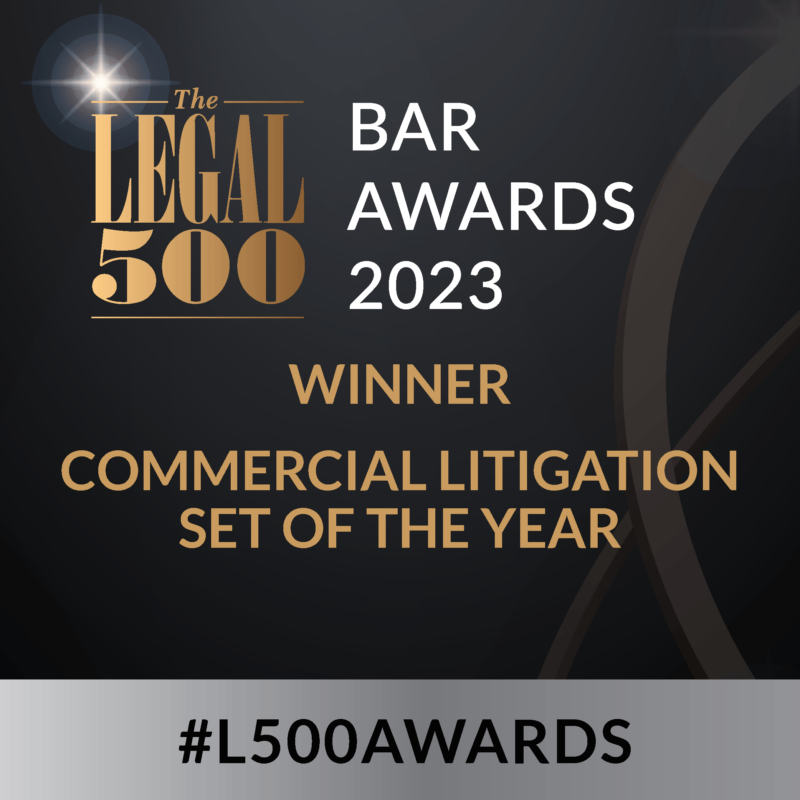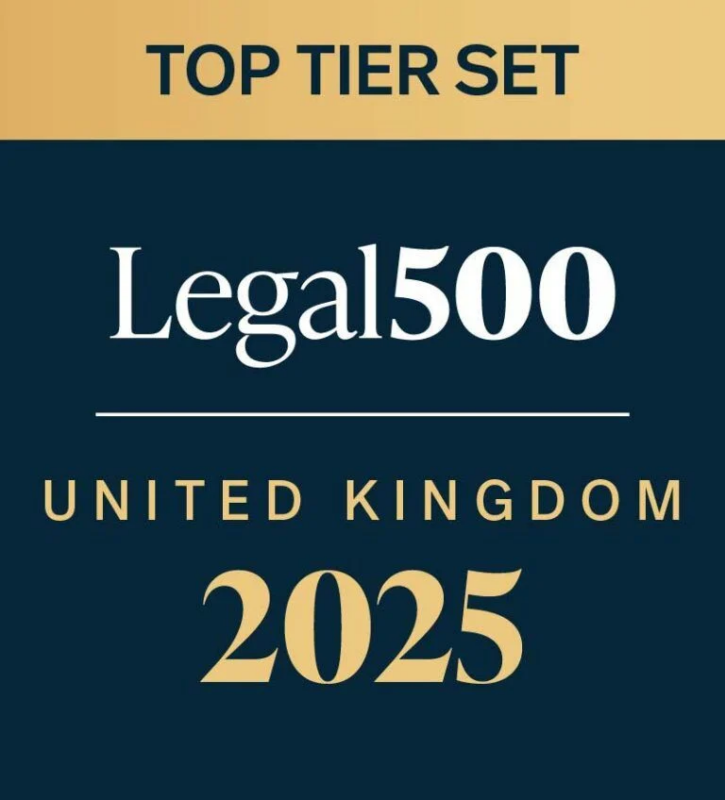David Quest KC obtains discharge of injunction against cryptocurrency exchange Binance
The availability of interim and final proprietary remedies against cryptocurrency exchanges in fraud claims, and the liabilities of exchanges generally in fraud cases, has been the subject of much discussion. In a number of recent cases, claimants have obtained without-notice injunctive relief on the basis that an exchange received the traceable proceeds of a fraud as constructive trustee. However, Piroozzadeh v Persons Unknown [2023] EWHC 1024 (Ch) (Trower J) is the first reported case in which such an injunction has been fully (and successfully) contested by the exchange on the return date.
Piroozzadeh concerns an alleged fraud by persons unknown. The claimant said that he had induced to transfer US$870,818 in Tether (USDT) to wallets controlled by the fraudsters. Relying on a report from an intelligence and tracing firm, he argued that the bulk of that amount could be followed or traced through the blockchain to user accounts at Binance. He obtained a without-notice proprietary injunction against Binance on the ground that it had received the cryptocurrency as a constructive trustee, although he did not allege that Binance had any knowledge of or involvement in the fraud. Similar injunctions had been obtained (without notice) on similar fact patterns in the earlier cases of D’Aloia v Persons Unknown [2022] EWHC 1723 and Jones v Persons Unknown [2022] EWHC 2543.
On the return date, Trower J discharged the injunction on the ground that the claimant’s representatives had breached their duty of fair presentation in obtaining the injunction. He ordered the claimant to pay the costs on an indemnity basis. His judgment includes the following points of wider interest in future claims against exchanges:
- The claimant’s stated justification for making the application without notice failed to distinguish between the position of the different defendants. This was a significant failing in circumstances where there was no evidence that Binance itself would have taken any steps or permitted any steps to be taken if it was forewarned of the application. The obvious solution in that situation was for the claimant to proceed without notice against the alleged fraudsters and to serve any order on Binance as a non-respondent. Although that failing would not in itself have justified the discharge of the injunction, that did not mean that it was right to proceed against Binance without notice.
- In arguing for a constructive trust, the claimant had failed to explain the existence and significance of the bona fide purchaser defence. When a Binance user account is credited with Tether or other crypto assets, the assets are swept into a central unsegregated pool address known as a “hot wallet” where they are treated as part of the eighth defendant’s general assets. Once the Tether had been swept from the user accounts into the pool, the users were then granted credit in the amount of the value swept which would then constitute the exchange a purchaser and no longer susceptible to any remedy at the suit of the claimant so long as it acted bona fide. It should have been apparent (and should have been explained to the judge) that the consequence of pooling was that the users’ right to receive substitute assets from the exchange was at the very least likely to constitute the exchange a purchaser for value of anything that was transferred into the account in the first place.
- There was no support in the D’Aloia case (which had also been heard by Trower J) for the proposition that, without more, exchanges were constructive trustees.
- The claimant had failed to explain why damages would not be an adequate remedy against Binance, a point which remained unclear on the return date.
- The claimant had failed to explain how it was as a practical matter that Binance could freeze or even identify the traceable proceeds of the relevant Tether in light of the pooling structure of which the claimant’s expert and legal representatives were aware.
David Quest KC acted for Binance, instructed by Chris Bushell and Gary Horlock of Herbert Smith Freehills LLP.
The full judgment can be seen here.








